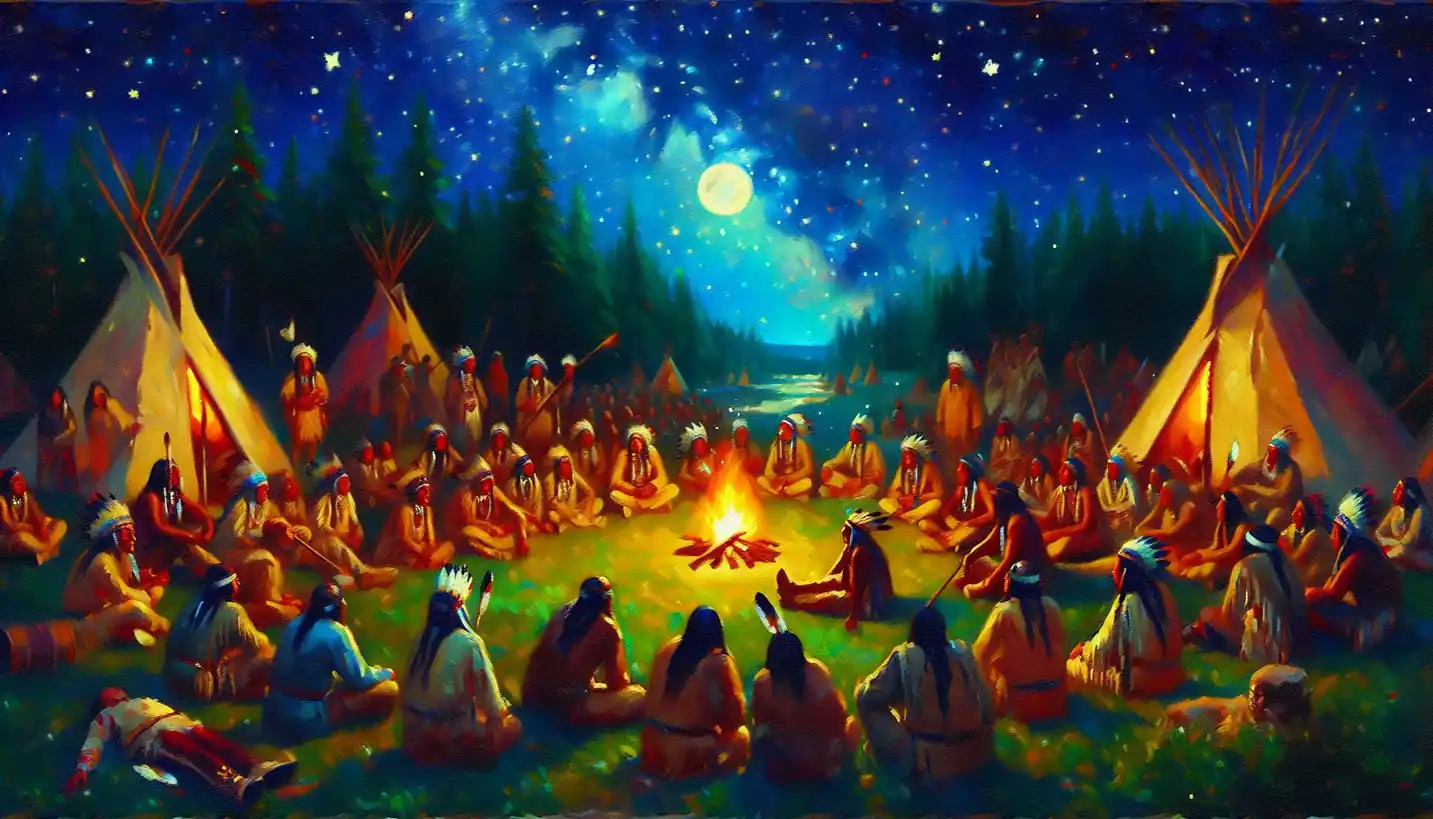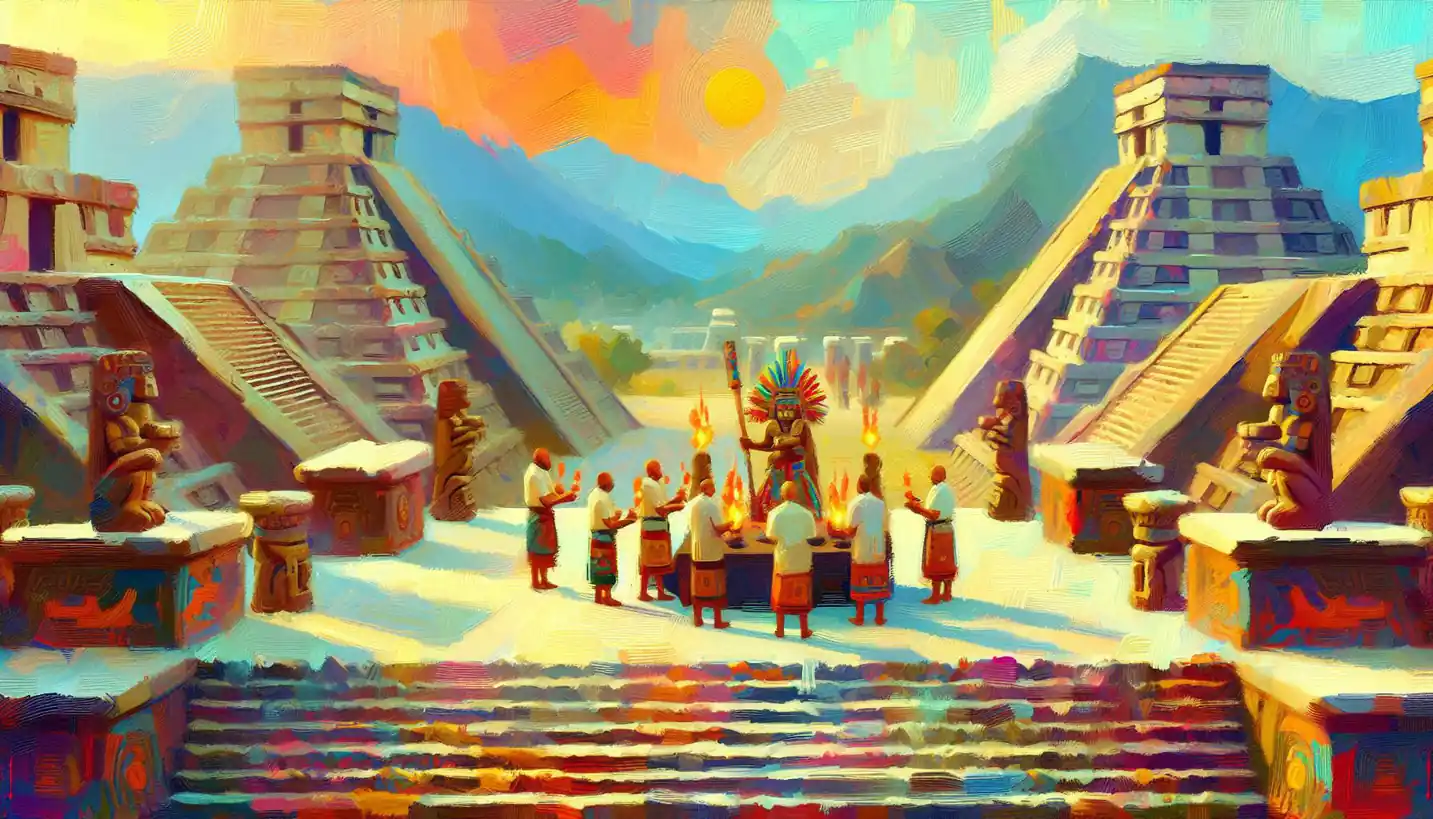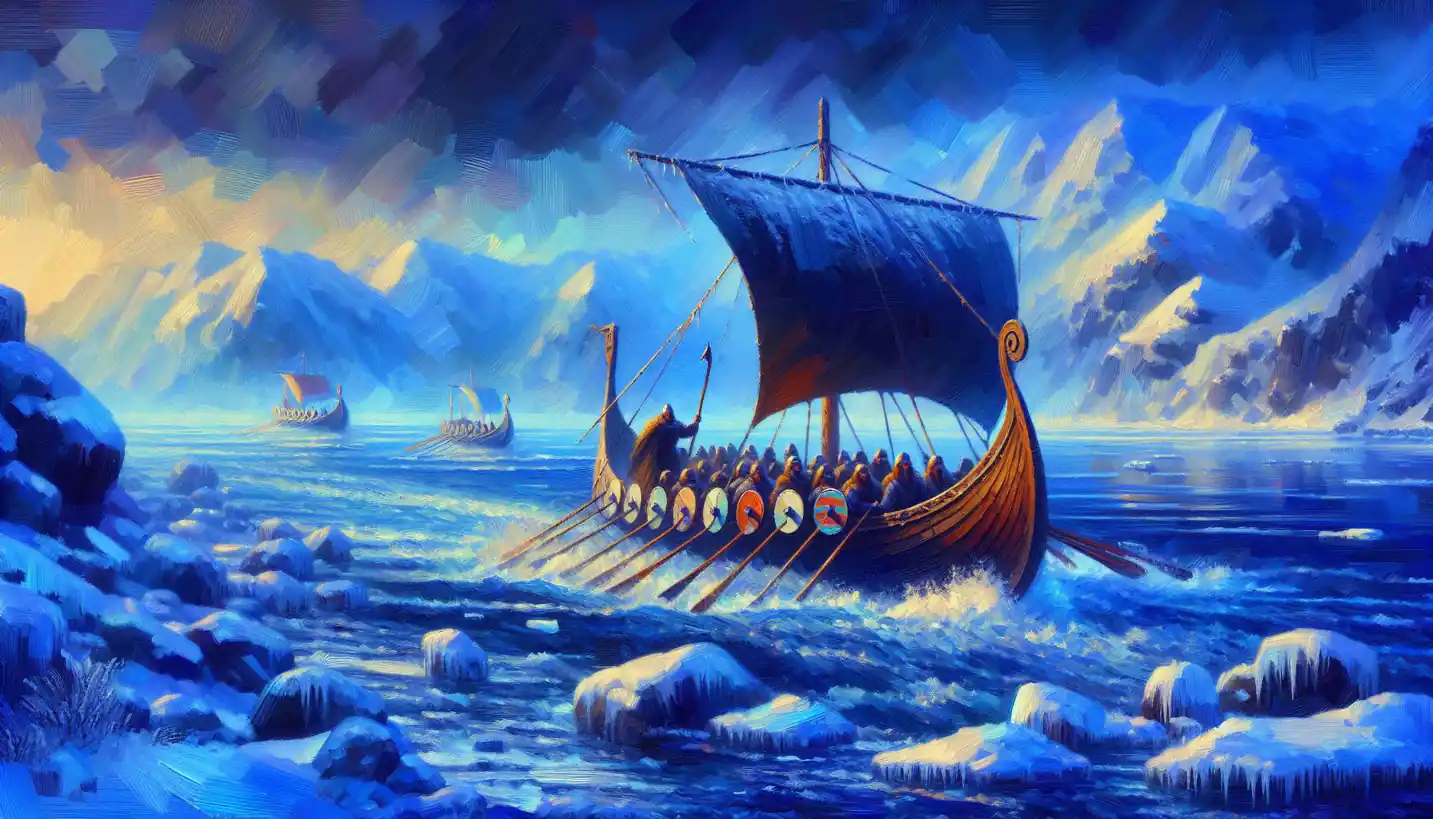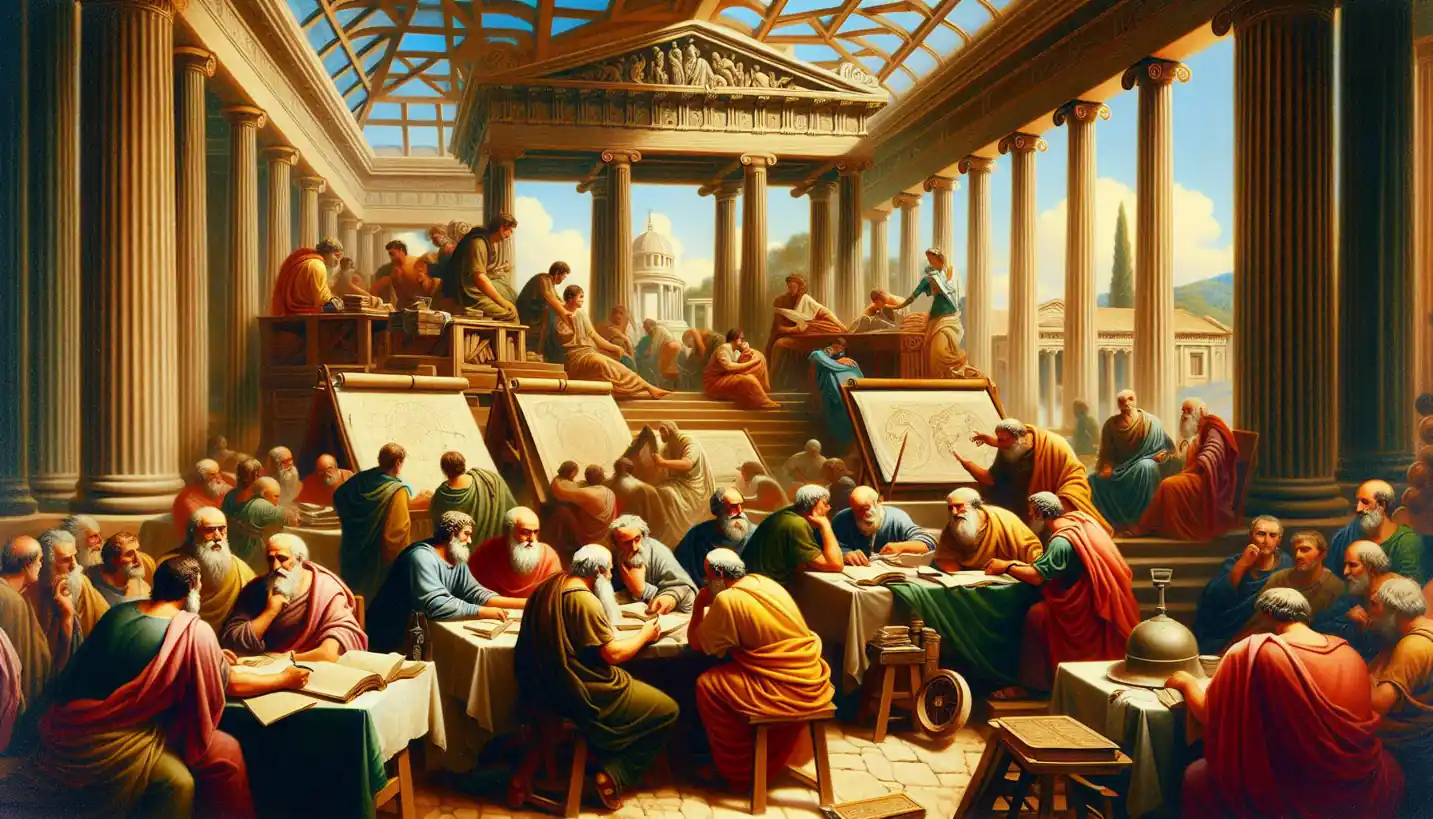· History · 4 min read
Community History: Telling the Stories of Our Shared Past
Community history tells the stories of our shared past, highlighting local narratives. Explore the importance of preserving and promoting regional history for collective awareness.

Have you ever strolled through an old neighborhood and wondered about the lives of the people who lived there long ago? Community history is all about uncovering those stories and sharing them. It’s a fascinating part of public history that focuses on the experiences of everyday people in specific places.
What is Community History?
Community history is like piecing together an enormous jigsaw puzzle. It’s about gathering the stories, memories, and moments that define a community’s past. Think of it as capturing the essence of local history through the voices of the people who experienced it. Unlike grand historical narratives that often focus on famous figures and major events, community history zooms in on a more personal level.
This approach is vital because every community, no matter how small, has unique stories that contribute to the larger tapestry of human experience. By understanding these stories, we get a richer, more nuanced understanding of the past, which helps us connect with people who lived in different times and places.
The Role of Storytelling
Storytelling is at the heart of community history. Imagine sitting around a campfire, sharing tales that have been passed down through generations. This tradition is similar to what community historians do, but with more research and context. They collect oral histories, photographs, letters, diaries, and even artifacts to weave together narratives that demonstrate how individuals and groups have shaped their communities.
For instance, let’s take a small town that’s known for its agriculture. By exploring the stories of the families who farmed there, community historians can uncover insights about technological changes in agriculture, economic challenges, and social dynamics. These stories might not make it into blockbuster history books, but they’re crucial for understanding how the community evolved.
Why Community History Matters
You might wonder, why is community history important? Well, it offers several benefits.
First, it gives a voice to people who might have been overlooked in traditional historical accounts. Women, immigrants, working-class individuals, and marginalized groups often play starring roles in these narratives. By highlighting their contributions and struggles, community history ensures that history is more inclusive.
Second, it fosters a sense of identity and belonging. When people know the stories of their community, they develop a stronger connection to it. They understand what makes their community unique and can take pride in their shared heritage.
Finally, community history can be a powerful tool for education. Schools and local organizations can use these stories to teach lessons that are more relatable and engaging for students. Learning about the past from the perspective of their own community makes history feel alive and relevant.
How Community History is Preserved
Preserving community history requires collaboration and creativity. Local historical societies, libraries, and museums often take the lead, but they rely heavily on the participation of community members. People come together to contribute their memories, documents, and artifacts, sometimes even leading preservation projects themselves.
One effective method for preserving community history is through oral history projects. These involve recording interviews with community members, particularly older residents who have experienced significant events. By capturing these firsthand accounts, historians ensure that these stories are not lost to time.
Digital history projects have also become increasingly popular. By digitizing archives, photos, and documents, communities can easily share their histories online, making them accessible to a wider audience. Virtual tours and interactive maps offer novel ways for people to engage with history without leaving their homes.
Challenges in Community History
Like any field, community history faces its share of challenges. One major hurdle is ensuring accuracy and avoiding nostalgia that may distort historical facts. Collecting stories from different perspectives helps avoid a one-sided narrative, ensuring a more balanced and truthful account of the past.
Another challenge is securing resources. Many community history projects rely on volunteers and limited funding. Advocating for more support, both financially and through public interest, is essential for sustaining these efforts.
The Future of Community History
As we dive deeper into the digital age, the future of community history looks bright. Technology offers innovative ways to collect, preserve, and share stories. Virtual reality, for example, could one day take people on immersive journeys through historical events as experienced in their own communities.
Community history will continue to evolve with the times, adapting to new tools and methodologies while keeping its core mission: to tell the stories of the people and places that make up our shared past.
By preserving these stories, community historians help us understand where we’ve come from and inspire conversations about where we are headed. It’s a journey into history that’s personal, intriguing, and revealing for all those curious souls eager to explore the depths of their community’s past.



